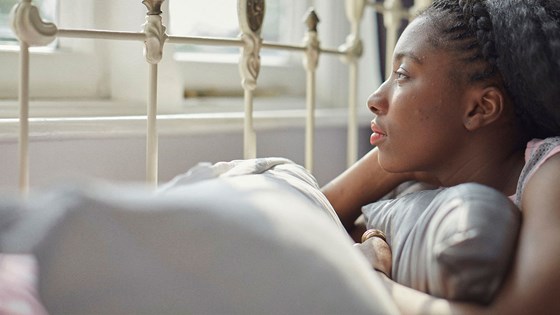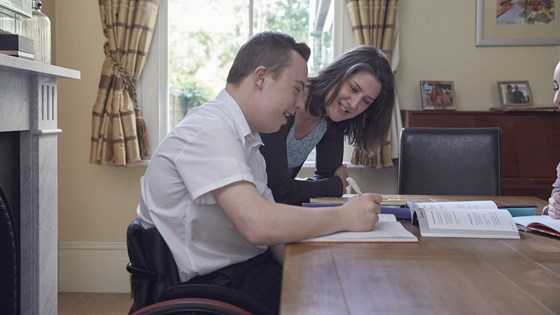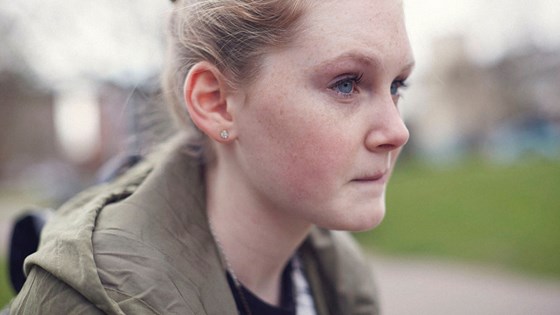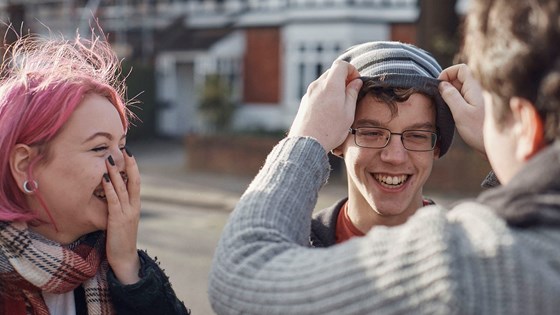What is FGM?
FGM, sometimes referred to as female circumcision, is when a girl’s genitals (private parts) are altered or removed. It can cause long-lasting damage as well as ongoing emotional distress.
The operation is usually done by someone who doesn’t have any medical training. Girls are given no anaesthetic, no antiseptic treatment and are often forced to keep still.
The cutting is made using tools such as a knife, pair of scissors, scalpel, glass or razor blade.
FGM can be extremely painful and dangerous. It can cause:
- really bad pain
- shock
- bleeding
- infections such as tetanus, HIV and hepatitis B and C
- organ damage.
It can also cause problems later on. You may experience difficulties in childbirth, or need medical treatment. Blood loss and infections can cause death in some cases.
FGM can also cause emotional distress at the time and in the future, and it might lead to anxiety and depression.










